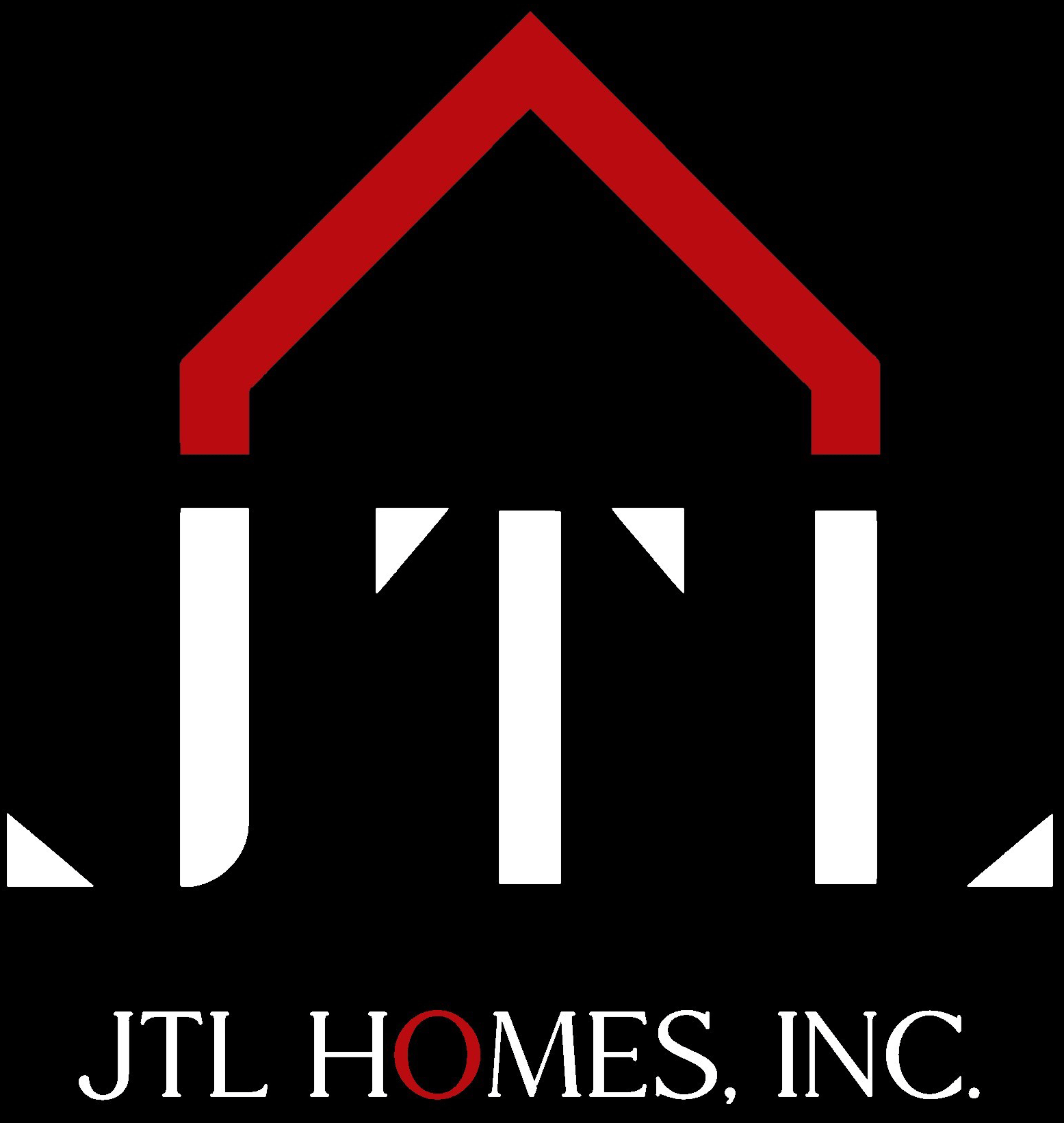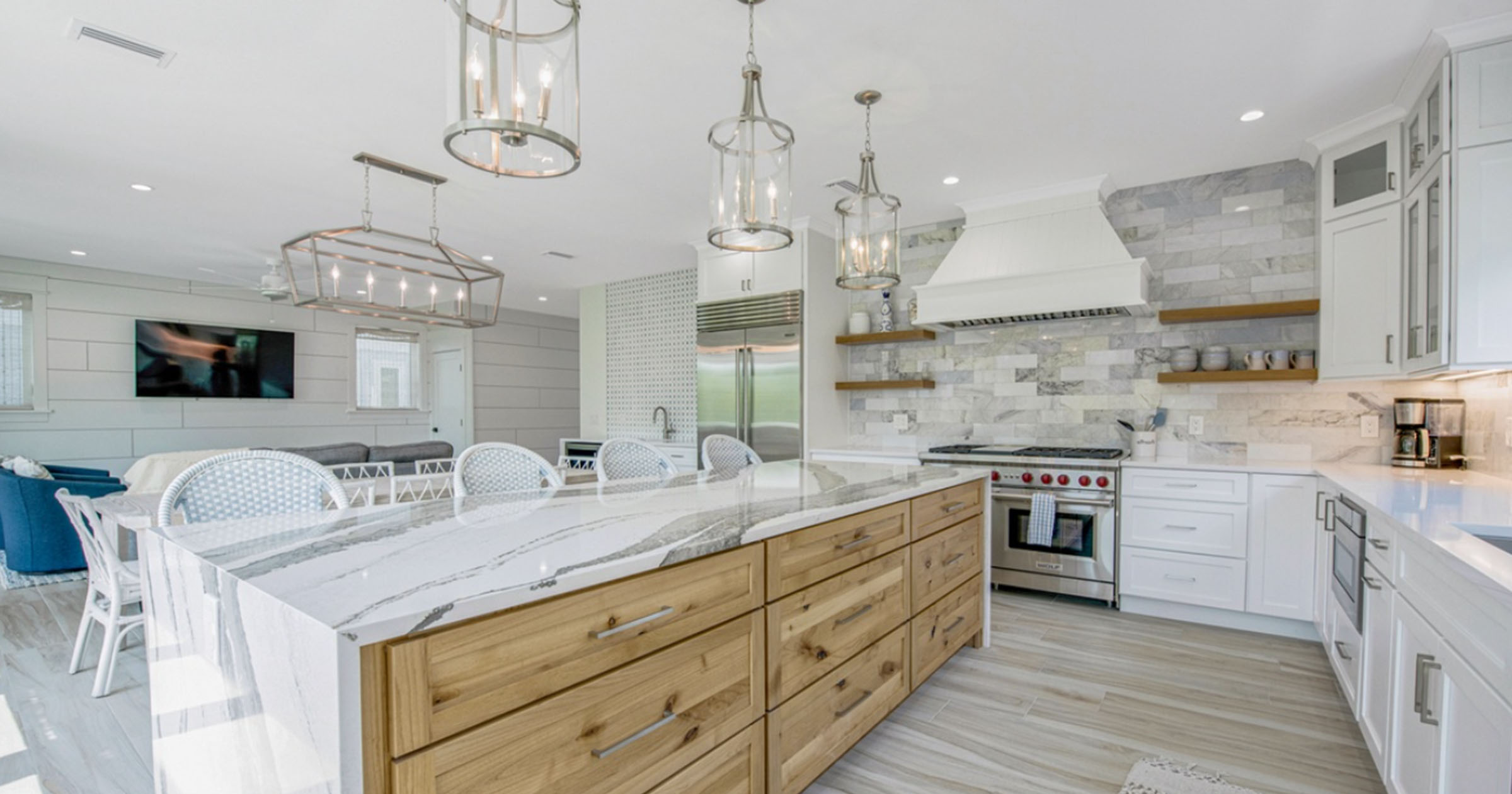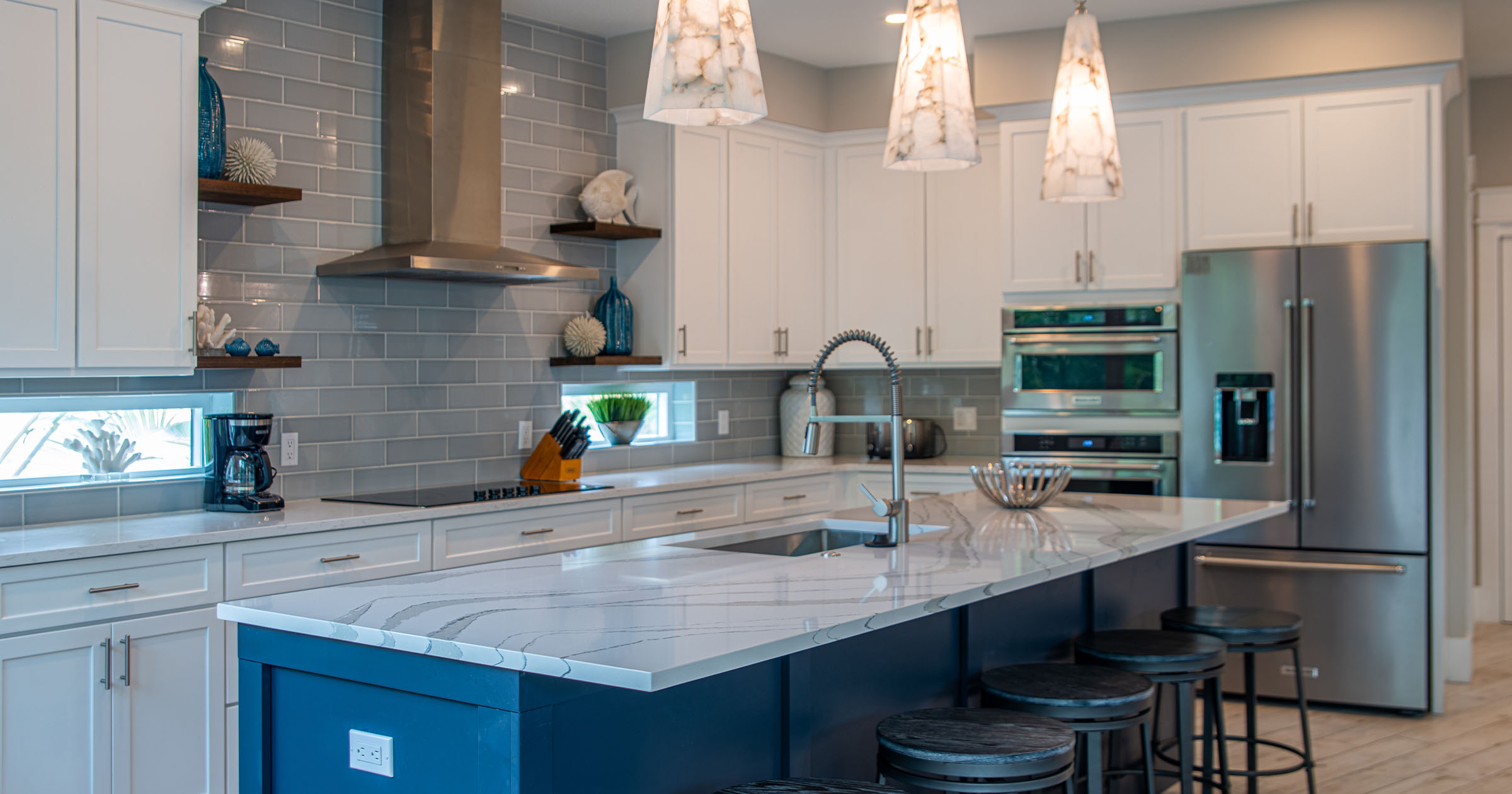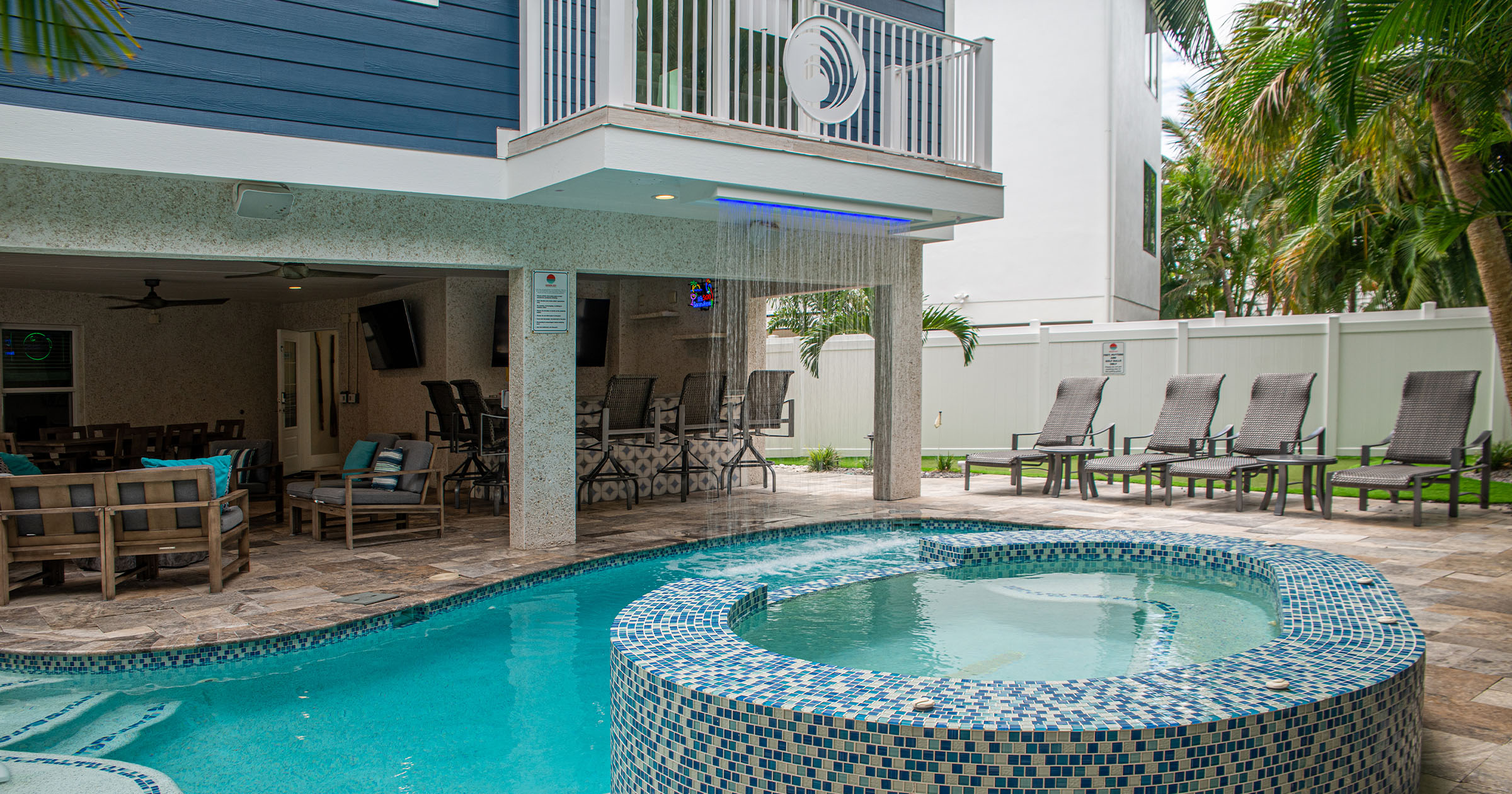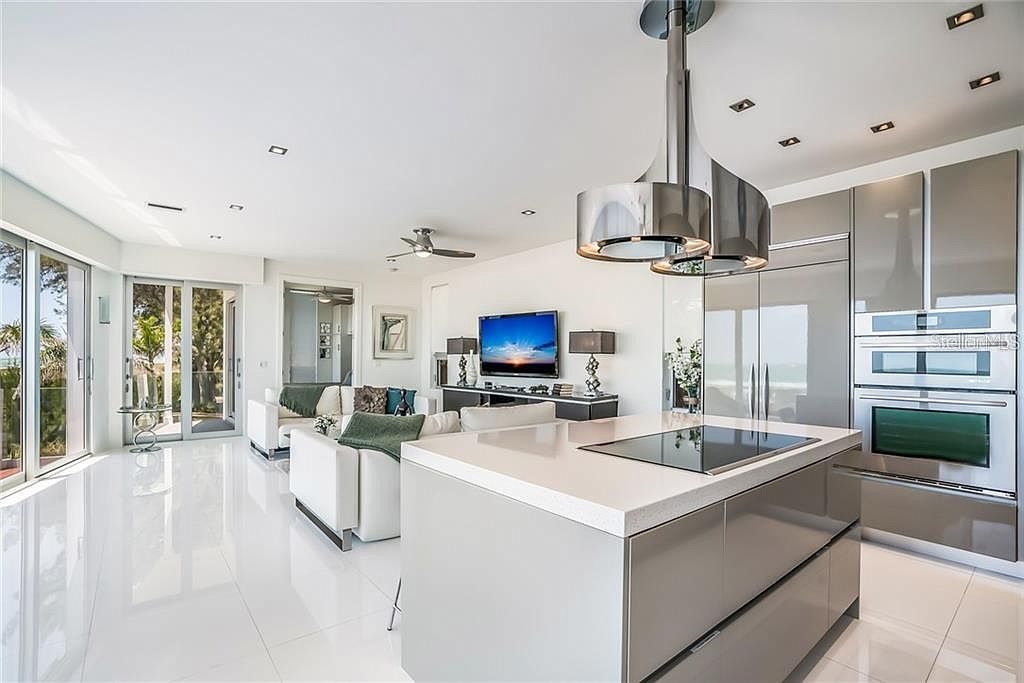
As technology continues to evolve at a rapid pace, integrating smart technology into new homes is becoming a standard expectation rather than a luxury. Smart home integration not only adds convenience and security but also enhances energy efficiency and can increase the overall value of a home. In this article, we’ll explore the growing demand for smart home technology, from security systems to energy management, and how it adds value to your new home.
The Growing Demand for Smart Homes:
The appeal of smart homes is undeniable. Homeowners are increasingly looking for ways to make their lives easier, safer, and more connected. Here are some key drivers behind the growing demand:
- Convenience: Smart home devices allow homeowners to control various aspects of their home with just a tap on their smartphone or through voice commands. From adjusting the thermostat to turning off lights, the convenience of smart home technology is unmatched.
- Security: Advanced security systems, including smart locks, video doorbells, and surveillance cameras, provide homeowners with peace of mind. These systems can be monitored and controlled remotely, ensuring that homes are always secure.
- Energy Efficiency: Smart thermostats, lighting systems, and appliances can significantly reduce energy consumption by optimizing usage based on real-time data and user habits.
Key Smart Home Technologies:
- Smart Security Systems: A comprehensive smart security system includes smart locks, motion detectors, cameras, and alarm systems that can be managed from a single app. These systems not only deter intruders but also allow homeowners to monitor their property remotely.
- Smart Thermostats: Devices like the Nest Thermostat or Ecobee can learn the occupants’ preferences and schedule, automatically adjusting the temperature to optimize comfort and energy efficiency.
- Smart Lighting: Smart bulbs and switches can be controlled remotely, allowing users to set schedules, adjust brightness, and even change the color of the lights. They can also be integrated with other smart devices, such as motion sensors, for automated control.
- Smart Appliances: From refrigerators that can create shopping lists to washing machines that start a cycle remotely, smart appliances are designed to make everyday tasks easier and more efficient.
Benefits of Smart Home Integration:
- Increased Home Value: Homes equipped with smart technology are often more attractive to buyers, as they offer modern conveniences and enhanced security. This can lead to a higher resale value.
- Energy Savings: By optimizing the use of heating, cooling, and lighting, smart homes can lead to significant energy savings, which is not only good for the environment but also for the homeowner’s wallet.
- Enhanced Comfort and Lifestyle: Smart home technology can create a more comfortable living environment by automating tasks and providing personalized settings that adapt to the homeowner’s lifestyle.
Creating Your Smart Oasis
Smart home integration is more than just a trend—it’s the future of modern living. By incorporating the latest technologies into your new home, you can enjoy enhanced convenience, security, and energy efficiency. As the demand for smart homes continues to grow, builders who embrace this technology will be well-positioned to meet the needs of today’s tech-savvy homeowners.
